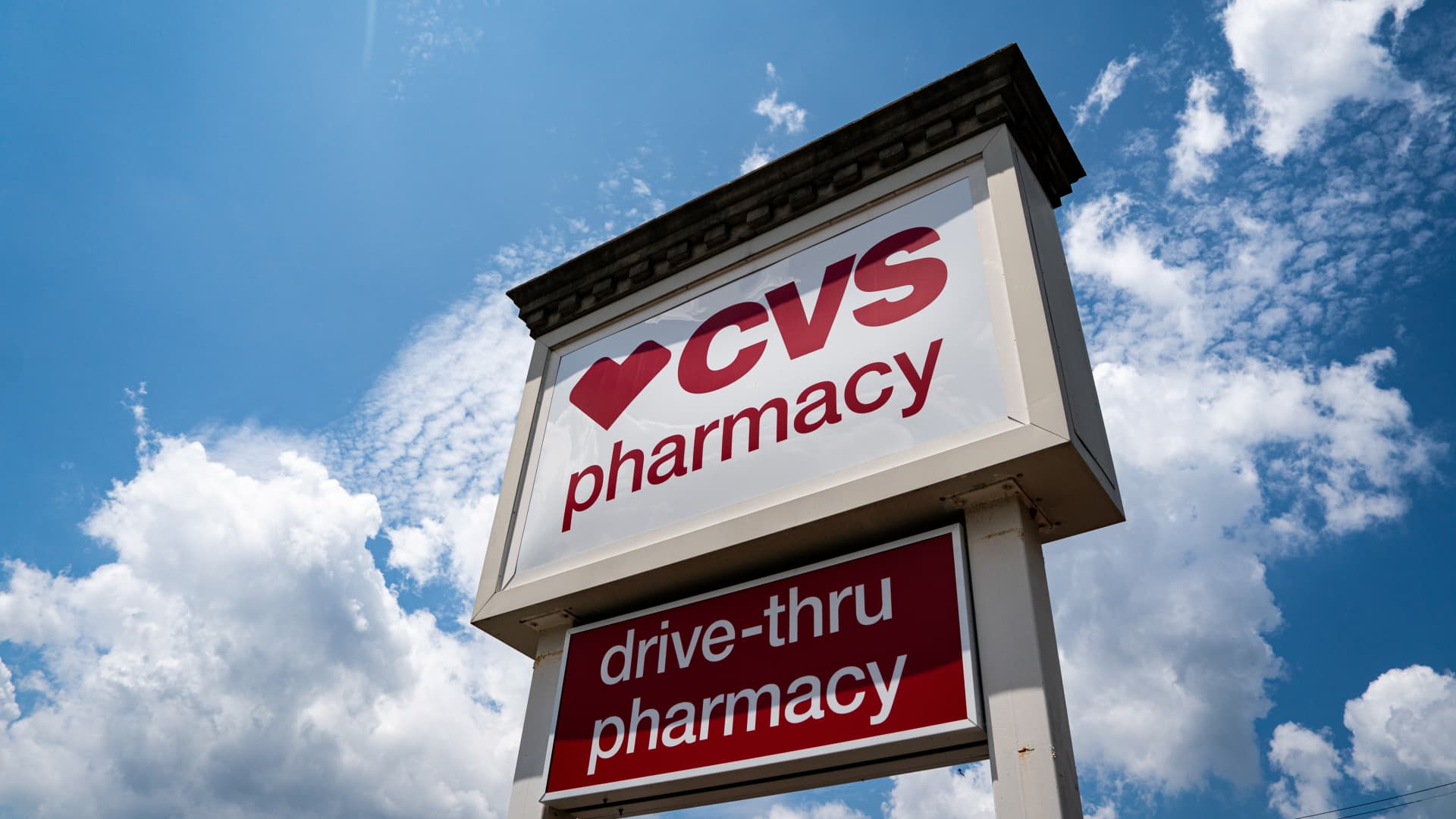UPDATE: CVS Health has just reported its third-quarter earnings for 2025, revealing a significant revenue surge but also a concerning net loss. The company posted $102.87 billion in revenue, exceeding Wall Street expectations of $98.85 billion. However, shares fell over 3% in premarket trading due to a $5.7 billion goodwill impairment charge.
In a marked turnaround, CVS’s adjusted earnings per share reached $1.60, surpassing analyst expectations of $1.37. Despite this positive news, the company reported a net loss of $3.99 billion, or $3.13 per share, compared to a net income of $71 million, or 7 cents per share, in the same quarter last year. This loss stems from challenges within the health care services segment.
CEO David Joyner, who has been at the helm for a year, is implementing aggressive changes to reverse the company’s fortunes. “I couldn’t be more happy about the fact that this is three quarters where we’ve had a beat and raise,” Joyner stated in a recent interview. CVS has now raised its fiscal 2025 adjusted earnings forecast to between $6.55 and $6.65 per share, up from a previous estimate of $6.30 to $6.40, signaling confidence in its recovery.
CVS’s insurance unit, Aetna, has shown improvement, with a medical benefit ratio decreasing to 92.8% from 95.2% a year ago, indicating better profitability. Joyner noted that Aetna is becoming more adept at managing higher medical costs amid the return of Medicare Advantage patients to hospitals.
CVS’s pharmacy benefit manager, Caremark, enjoyed a “really good sales season,” contributing to an overall revenue increase of 7.8% from last year. This growth exceeded Wall Street’s expectations, which did not anticipate CVS would surpass $100 billion in quarterly sales until Q4.
The company also revealed plans to close 16 locations of primary care provider Oak Street Health, while slowing the growth of new clinics. Joyner emphasized that this decision does not alter CVS’s commitment to value-based care.
As CVS navigates these challenges, all three business segments reported revenue growth, with the insurance segment generating $35.99 billion, exceeding the expected $34.48 billion. This growth is attributed to favorable changes in government business, particularly due to the Inflation Reduction Act impacting Medicare Part D premiums.
Despite the immediate challenges, CVS’s upward trajectory in adjusted earnings and revenue growth suggests potential for recovery. As the company prepares for Q4, stakeholders will be watching closely to see if this momentum continues.
Stay tuned for more updates on CVS Health as the situation develops.







